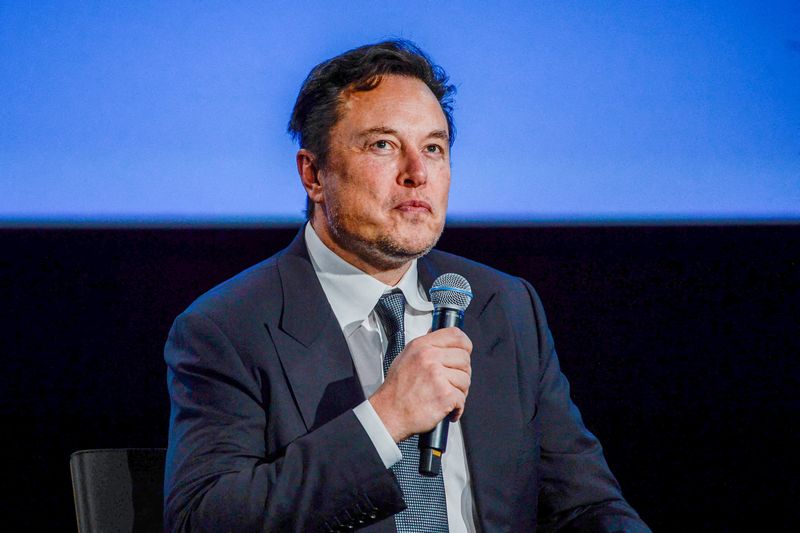I don't trust any experts commenting about AI. Here is a comment from the internet about the true intention of AI:
Most people would see less than half of their workload automated and would probably continue in their jobs, with some of their time freed up for more productive activities.
Even for this lucky group the proposed scenario is naively optimistic. If automation reduces workload by say 30% they company will fire 30% of the employees and have the rest cover the remaining workload. In fact they will probably fire 50% and tell the rest to "work smarter not harder".
Think of all the profits.
They did not envisage AI being adopted for more sensitive tasks such as ... checking the status of a patient in critical care ...
Even here I am not sure this is the case. Yes there will be humans but nurses are expensive. If AI assistance allows one nurse for 9 patients instead of 1 nurse for 7 patients then KA CHING cut your nurse staff by 20% and roll in that loot. Hell you could even sell it as a premium service. Normal insurance gets you in the low human oversight pod (20:1) but upgrade to the premium plus plan and you will get a pod with a guaranteed max patient to nurse ratio of 6:1.
I mean come on we have 300+ years of history of companies ALWAYS taking the

tiest possible path in the event of change, technology, or disruption. The only time they don't is when regulation prevents them and regulation usually trails the

ty actions by a few decades. We don't have to pretend that companies won't out of the zillions of possibilities opt for the absolute

tiest one to boost profits for the 0.1% by a quarter percent.

 news.yahoo.com
news.yahoo.com

 tiest possible path in the event of change, technology, or disruption. The only time they don't is when regulation prevents them and regulation usually trails the
tiest possible path in the event of change, technology, or disruption. The only time they don't is when regulation prevents them and regulation usually trails the